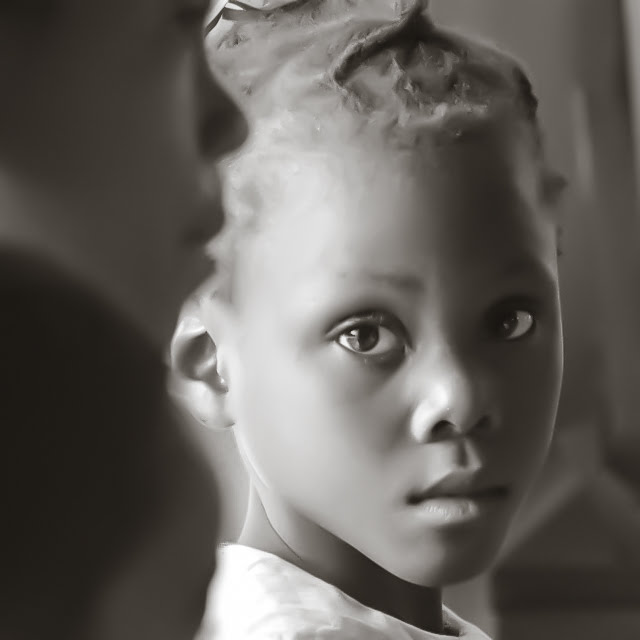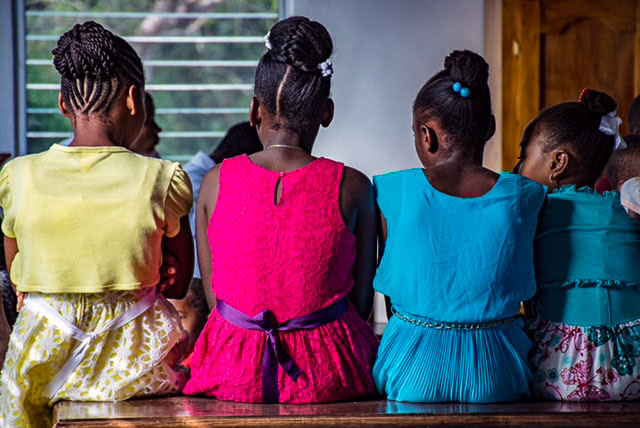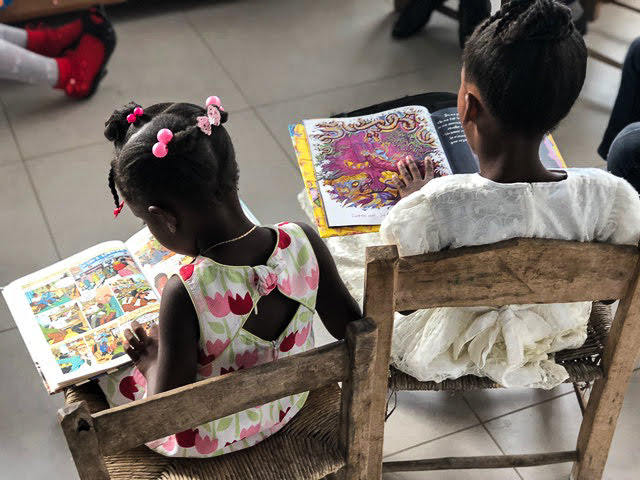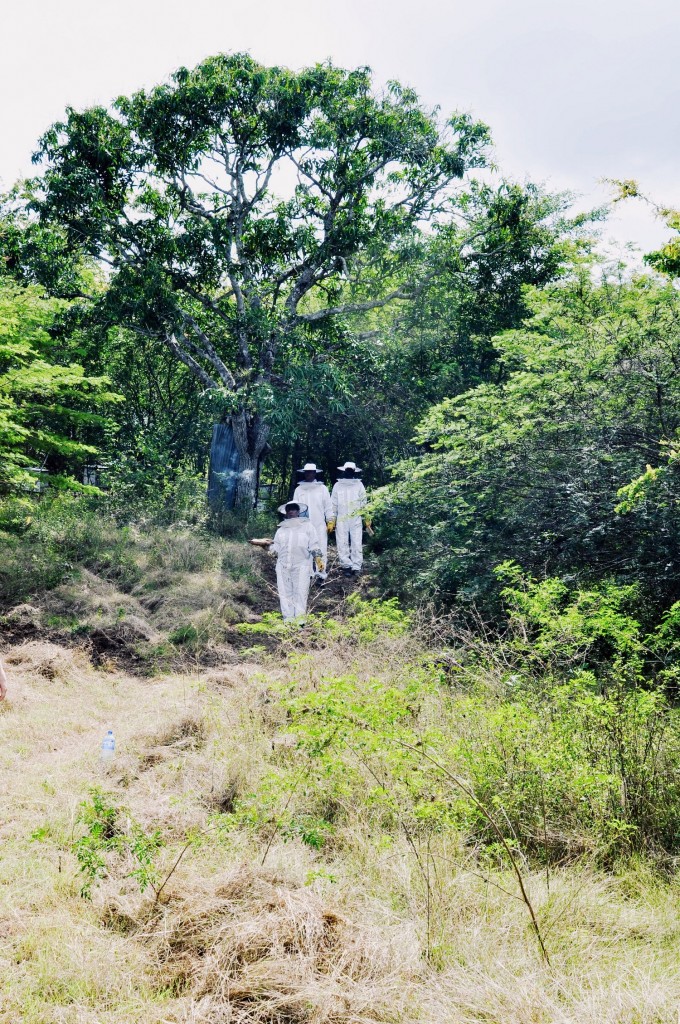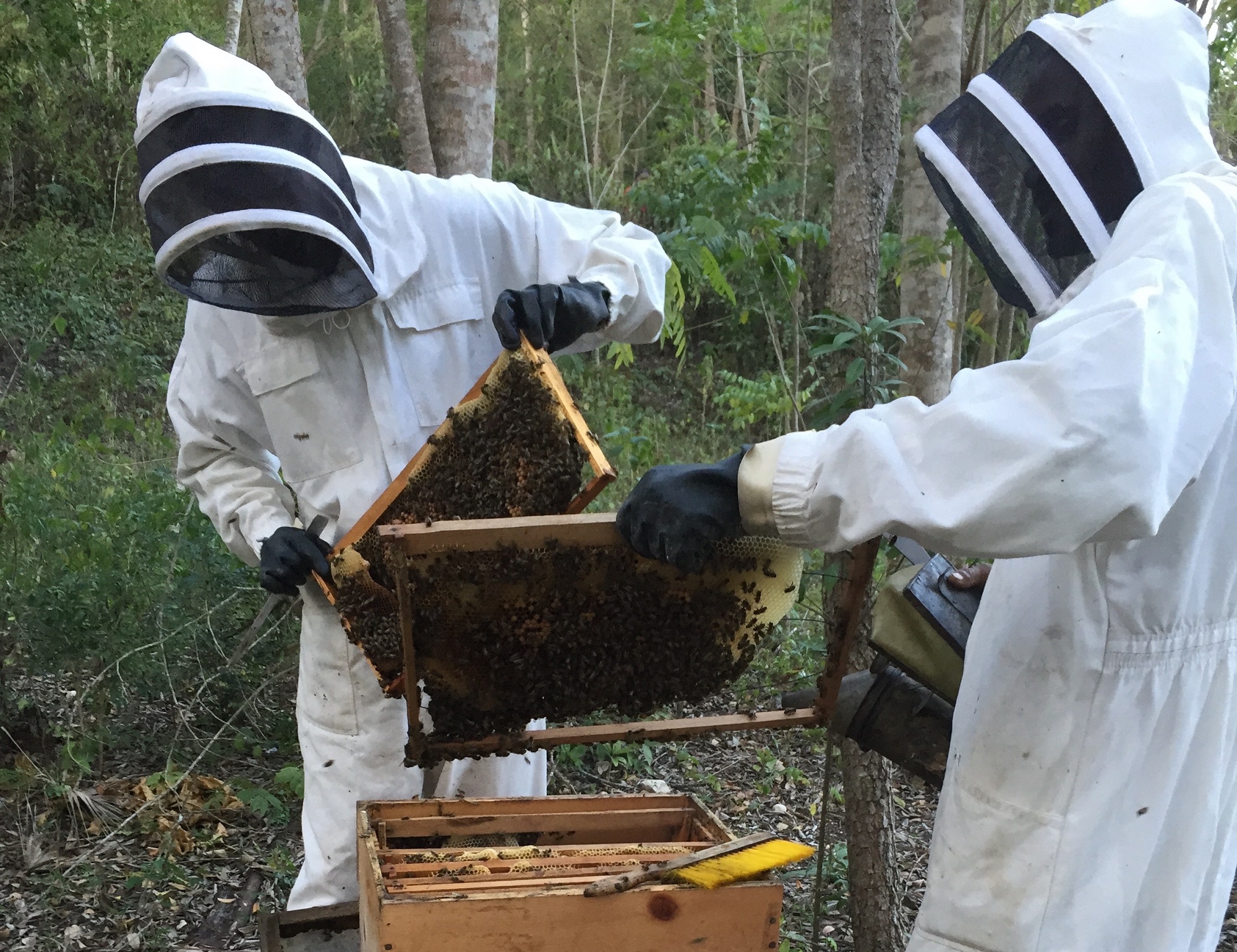
Mission
Haiti Projects empowers women by providing access to jobs, family planning services, education and avenues to build community.
Life Challenges of the Women Served
Haiti bears numerous harsh burdens: it is the poorest country in the Western Hemisphere, has the highest HIV rate in the region, is a natural disaster hotspot, and has suffered under dictatorships. Haiti’s poor economy, high unemployment rate, and severe inequality are the roots of its poverty. The World Bank estimates that 59 percent of Haitians live under the national poverty limit of $2.42/day. Today, 62 percent of households make less than $75 per month and 36 percent make less than $15 per month. Wages for women are 32 percent lower than wages for men. Lack of income and employment opportunities lead to poor health, degraded environmental conditions, and political unrest. Haitian families cannot pay medical fees, send their kids to a good school, or ensure their house is built to withstand the elements. Poverty and extreme poverty are considerably higher in rural areas, with 80 percent of the country’s extreme poor living in rural areas. Illiteracy also takes a toll. Haitian women are more likely to be illiterate than men, with a male literacy level of about 64 percent and a female literacy rate of only 57 percent.
Almost all Haitians are affected by the high incidence of unemployment and underemployment, but rural women suffer the most. Haitian women head almost half of all households. They are responsible for feeding their families, paying school fees, and covering health care costs, yet they have very few employment prospects. The UN estimates only 61 percent of females and 73 percent of males participate in the labor force, but unemployment statistics are blurry because an estimated 60 percent of “employed” Haitians work in the informal economy, which includes activities like agriculture, road side merchants, and street food vendors. More than 60 percent of adults are “self-employed” and engaged in animal husbandry and agriculture. Household income for 74 percent of women comes from agriculture, commerce, or both, all of which fall under the umbrella of the informal economy.
Haiti has a long and complicated history, which gave rise to the current economic situation. It began with a crippling debt owed to France after Haiti’s slave-led revolution in 1804 and was followed by a series of political events including a US occupation in the early 1900’s that de-legitimized the government. A brain drain during a particularly brutal dictatorship lasting from 1957 to 1986 soon followed, where many educated Haitians were forced to flee the country for better conditions in the United States and Canada. Haiti’s geographic vulnerability to natural disasters is also a constant threat to the economy and the well-being of the population, as witnessed by the 2010 earthquake and 2016 hurricane.
The Fond des Blancs (FdB) region is about 4-5 hours from the capital of Port au Prince where all government offices, most universities, and the majority of businesses are located. In this area, 62 percent of households earn less than $73 per month and 36 percent earn less than $15 per month. Women in FdB have an average of 4.4 children, which is above the national average of 3.5, and they generally have a low level of formal education, with the average woman only having reached the fourth grade. Migration into Port au Prince from rural areas has exacerbated problems both in the city (congestion, pollution, lack of housing and sanitation) and in rural areas (brain drain, limited employment opportunities, little investment in infrastructure). Women who have large families with young children in school are less mobile and cannot seek employment or advanced educational opportunities in the capital city. In addition, a double standard exists for these women. They are expected to take care of their families, but they have extremely limited job and income generating opportunities. Although a traditional job with a regular, fixed salary would be ideal, Haiti’s current economic climate makes that almost impossible for rural residents.
The Project
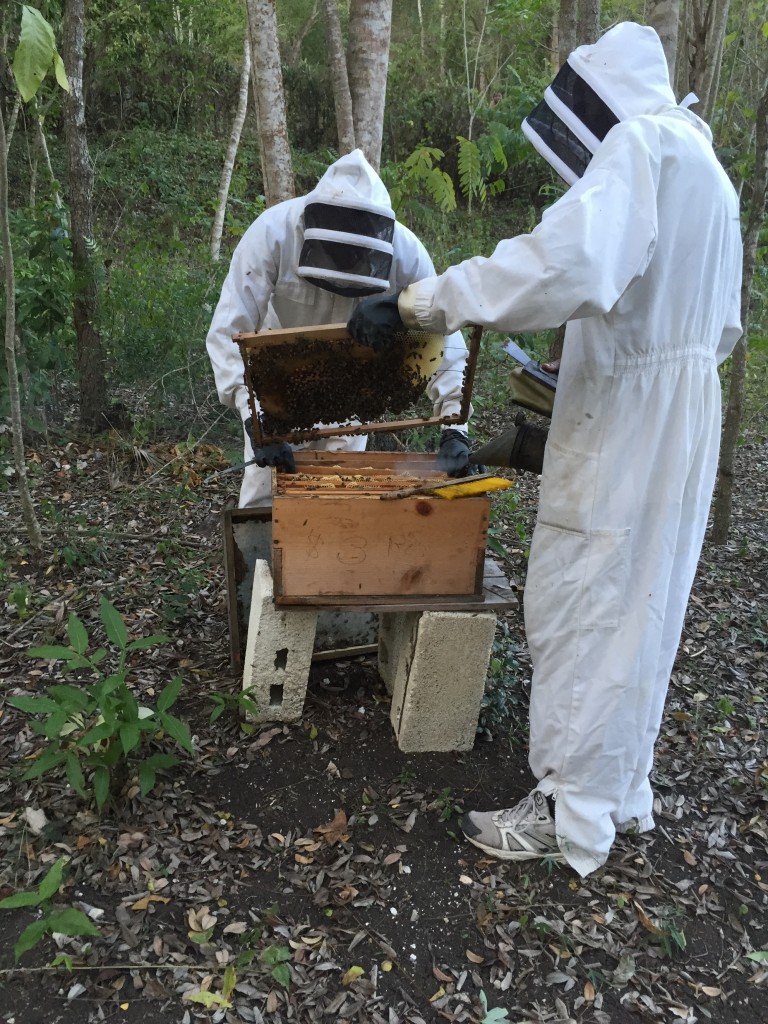 DFW’s grant funds Haiti Project’s Fond Des Blancs Female Beekeeping Initiative, which breaks gender stereotypes, creates viable and sustainable income-generating activities, fosters women-run businesses, opens educational opportunities, and promotes environmental stewardship – all through beekeeping. HP’s work focuses on women and girls, and ultimately touches the entire Fond des Blancs community. HP has years of experience creating income-generating opportunities that allow women to balance raising children, running a household, caring for elderly parents, and raising livestock.
DFW’s grant funds Haiti Project’s Fond Des Blancs Female Beekeeping Initiative, which breaks gender stereotypes, creates viable and sustainable income-generating activities, fosters women-run businesses, opens educational opportunities, and promotes environmental stewardship – all through beekeeping. HP’s work focuses on women and girls, and ultimately touches the entire Fond des Blancs community. HP has years of experience creating income-generating opportunities that allow women to balance raising children, running a household, caring for elderly parents, and raising livestock.
The beekeeping project means a vulnerable group of women will have the opportunity to earn income that will allow them to provide for their families, thus breaking the cycle of poverty. With disposable income, women will be able to pay for school, books, and uniform fees. A financial literacy component will improve the profitability of each woman’s commercial endeavor. These women will be better equipped to save money, understand the difference between cost and price, and market their goods and services. Finally, the community will have a better understanding of the critical role that bees occupy in providing a livelihood, in the pollination of agricultural products, and the environment overall.
Increasing awareness of environmental concerns and the need for stewardship of the environment is of critical importance in Haiti, where widespread deforestation for firewood and charcoal production has led to flooding, dramatic rates of soil erosion, and declines in agricultural productivity. Deforestation has also increased the impact of storms and hurricanes. This project addresses that environmental education and stewardship need directly. By learning about beekeeping, women also learn the value of protecting the environment and keeping it healthy. If successful in the long term, fewer trees in the region will be cut for charcoal production and the relentless deforestation should decrease and/or become better managed.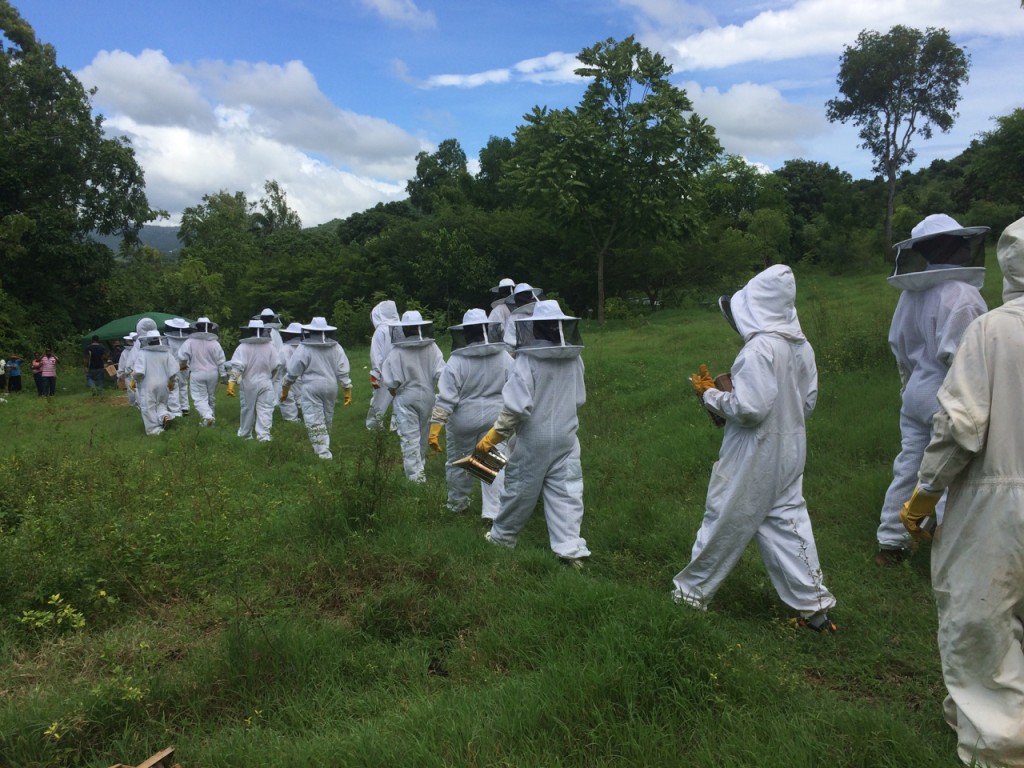
This two-year project serves 60 women directly each year, and 650 indirectly, for a total of 120 and 1,300 over a two-year period, respectively. This includes an indirect impact on approximately 300 children per year, half of whom are girls, who benefit from the enhanced economic situation of their mothers. Studies show that when women earn money, they invest 90 percent of it into their families for expenses such as school fees and food. An additional 1,000 community members will learn about beekeeping and its critical role in agriculture and the environment through outreach to area schools and through lectures and events at HP’s community library. HP employs community members at its artisan workshops, provides the men and women with family planning services, and welcomes their children at educational events.
HP has managed a successful beekeeping program in FdB since 2013, proving that beekeeping is a viable business. Some of the success factors include: 1) a relatively high demand for honey in Haiti, 2) a region environmentally suited for beekeeping with ample vegetation coverage, and 3) high interest in beekeeping among the local population. Based on its success, HP initiated a new project in 2016 to train forty new female beekeepers, and it seeks to add an additional 50 hives which will be cared for by five new groups of women. HP’s current objective is to continue expanding and to add more value to the project by completing the following: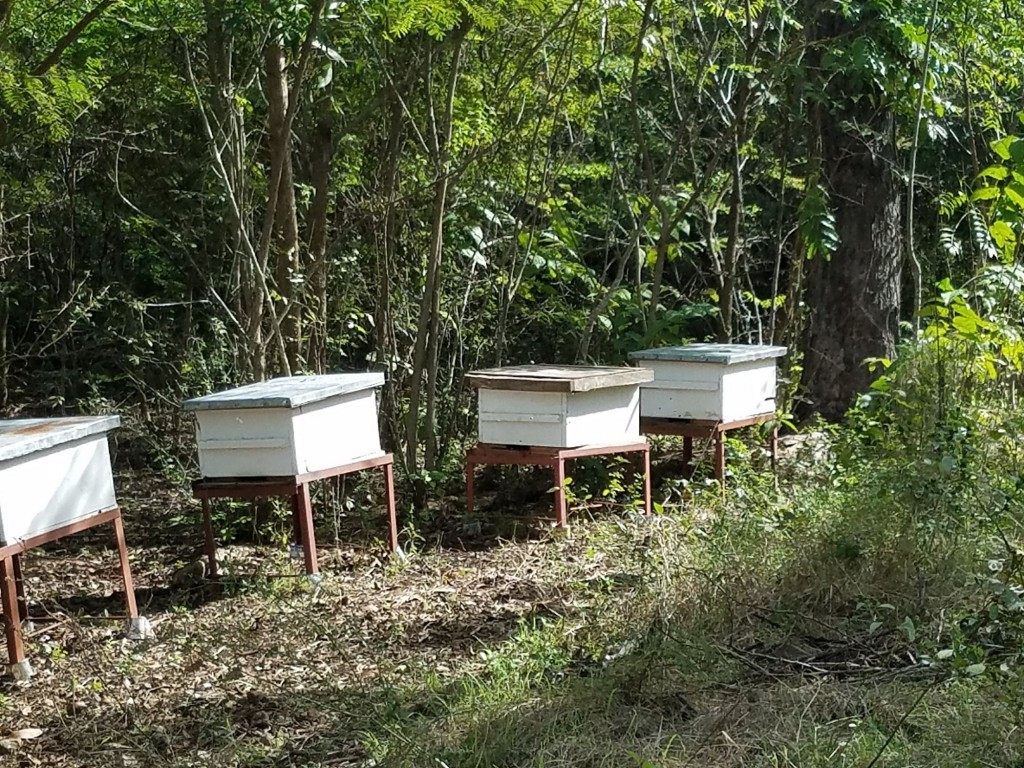
- Recruiting and training 20 female beekeepers who will work in five groups of four
- Training 60 participants (20 new and 40 existing) in the production of beeswax and honey-related products such as candles, soaps, and lip
- Training all 60 participants (20 new and 40 existing) in financial
- Conducting environmental education presentations in each of the 14 communities where participants
- Evaluating the project’s success at increasing income among participants and increasing environmental awareness among their communities.
By adding a component to teach women beekeepers how to make beekeeping-related products such as candles, lip balm, and soap, HP helps the women enhance the value of their beekeeping micro businesses. HP’s experience working with women artisans – operating an artisan workshop staffed by 75 women for over 20 years – provides the organization with a solid network of retail and wholesale customers in Haiti and abroad who will be receptive to a new line of organically-produced artisan products. HP has found that artisanal production work is ideally suited for rural Haitian women because the hours are flexible, and the work does not require a high level of formal education.
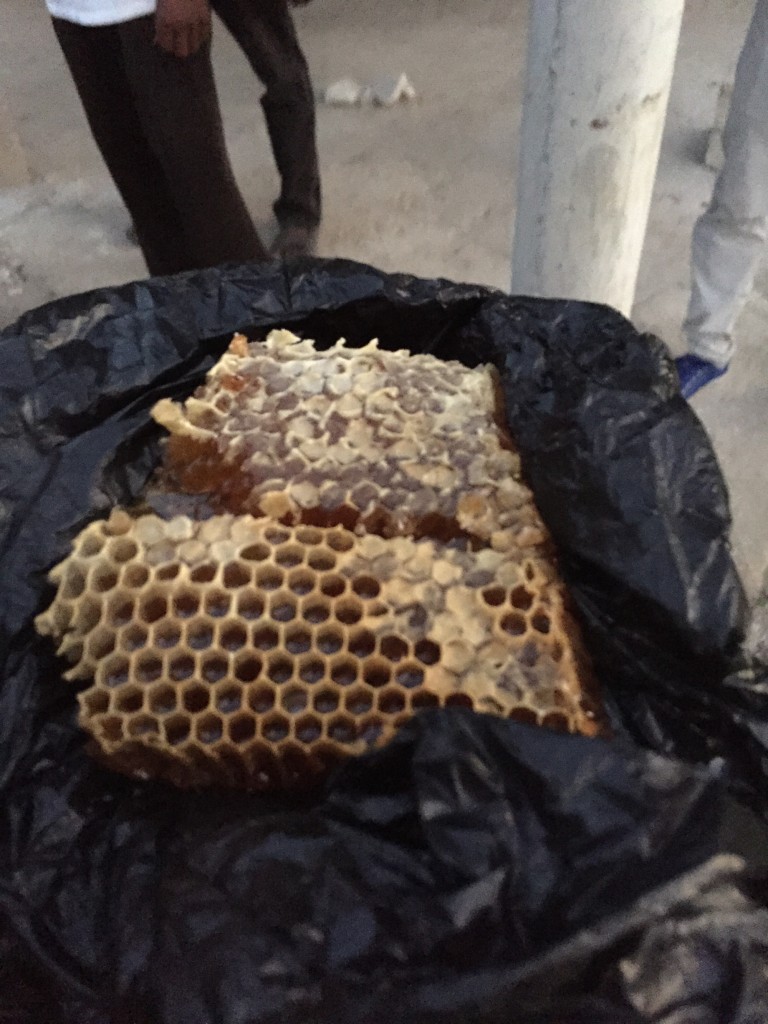 As the colonies grow, beekeeping requires little investment to expand – about $20 for each additional hive box. The equipment and tools provided to the women will likely last for many years. HP anticipates the women will be self-sufficient after three years, the two years included in this project plus one additional year. The third year will mainly consist of technical assistance for hives and marketing and sales assistance.
As the colonies grow, beekeeping requires little investment to expand – about $20 for each additional hive box. The equipment and tools provided to the women will likely last for many years. HP anticipates the women will be self-sufficient after three years, the two years included in this project plus one additional year. The third year will mainly consist of technical assistance for hives and marketing and sales assistance.
HP relies on several critical partners, including Food for the Poor (FFP), Ramblasman Travaye Peyisan (RATRAP), and the Artisan Business Network (ABN). FFP has implemented beekeeping projects in many parts of Haiti, Jamaica, and Ecuador, although HP’s operation is the first to work exclusively with women. FFP provides bee colonies, tools, protective equipment and training. RATRAP, a local peasant cooperative that represents nine communities in the FdB region, partners with HP on identifying, recruiting and managing project participants. ABN partners with HP on sales, both locally and internationally, as well as professional trainings for producers.
The idea of promoting beekeeping among women originated with an observation made by HP. The wife of one of HP’s staff beekeepers was interested in the work, but when approached, she seemed to feel that it was not her place to become a beekeeper. Once HP realized there was interest among women, they easily found 40 women to sign up for the first cohort. After training and the provision of tools and equipment, the women beekeepers now have autonomy to decide their work schedule and how to divide up the work within their group. They will also be responsible for deciding what do with the honey and wax they produce and what type of products they want to make.
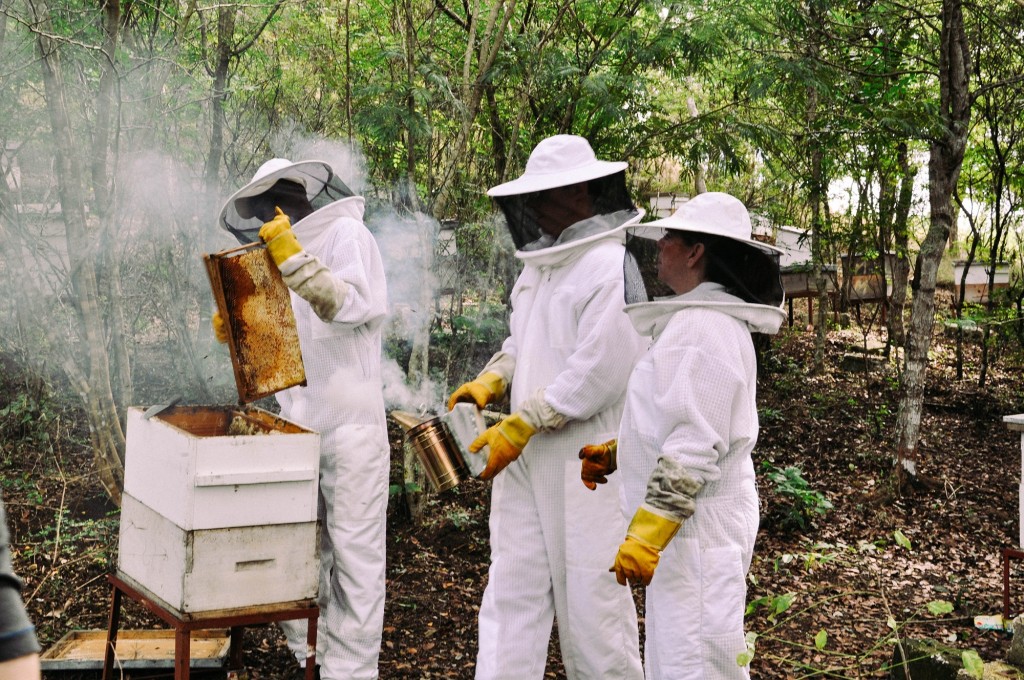 This program promotes self-sufficiency in two ways. First, it provides participants with the skills to become beekeeping entrepreneurs. Initially HP will need to assist the women to obtain materials and connect with markets, but they will ultimately gain the necessary skills and contacts to become successful on their own. The women beekeepers will be in control of their livelihoods, deciding what is best to do with the honey and beeswax. The women can choose to 1) use income from honey sales to reinvest in more hives and their own businesses; 2) keep their honey for personal consumption; 3) make other value-added products such as candles or soap; 4) sell the honey and products in the local market; or 5) sell the honey and products back to HP so that it can sell to markets beyond the reach of the program participants. Second, the financial literacy component will teach women business skills, such as pricing, marketing, investment, and savings. In a country where few formal employment opportunities exist, it is imperative for those who are self-employed to have the tools to succeed.
This program promotes self-sufficiency in two ways. First, it provides participants with the skills to become beekeeping entrepreneurs. Initially HP will need to assist the women to obtain materials and connect with markets, but they will ultimately gain the necessary skills and contacts to become successful on their own. The women beekeepers will be in control of their livelihoods, deciding what is best to do with the honey and beeswax. The women can choose to 1) use income from honey sales to reinvest in more hives and their own businesses; 2) keep their honey for personal consumption; 3) make other value-added products such as candles or soap; 4) sell the honey and products in the local market; or 5) sell the honey and products back to HP so that it can sell to markets beyond the reach of the program participants. Second, the financial literacy component will teach women business skills, such as pricing, marketing, investment, and savings. In a country where few formal employment opportunities exist, it is imperative for those who are self-employed to have the tools to succeed.
Sustainable Development Goals
![]()
![]()
![]()
![]()
![]()
Questions for Discussion
- What are the benefits of beekeeping versus more conventional agricultural work such as managing livestock?
- How might lessons learned from beekeeping extend into other areas of working life?
- How do you think beekeeping could enhance the social fabric of everyday life in Haiti?
How the Grant Will be Used
DFW’s two-year grant of $39,721 covers beekeeping training and start-up equipment, as well as materials to produce goods from beekeeping byproducts such as candles and soaps.
Why We Love This Project/Organization
We love this project because it involves women challenging gender norms. It gives women the product and the skills to earn income despite Haiti’s tough economic climate, and it encourages environmental education within the larger community.
Evidence of Success
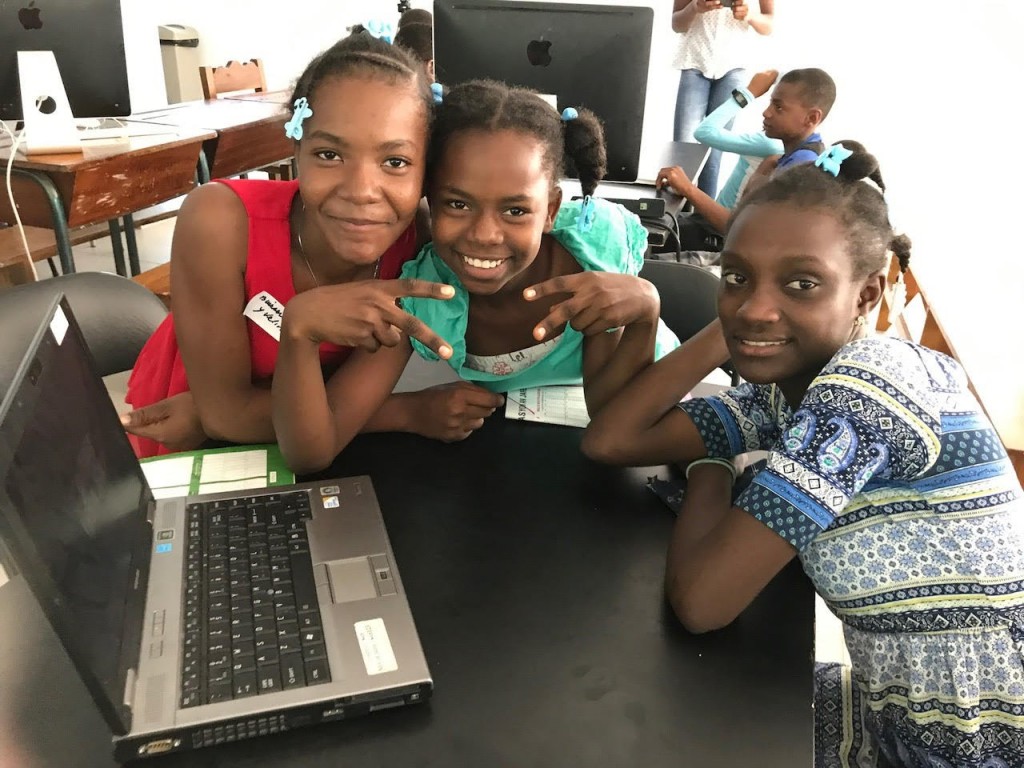 HP has created successful programs for Haitians for 26 years, with the goal of providing women and girls with the resources they need to lift themselves out of poverty. The objective of the artisan workshop is to employ women with steady jobs, a livelihood, and a source of income that she can control. Each year HP pays more than $55,000 in salaries to 75 women who in turn pay school fees, start businesses, and make improvements to their homes.
HP has created successful programs for Haitians for 26 years, with the goal of providing women and girls with the resources they need to lift themselves out of poverty. The objective of the artisan workshop is to employ women with steady jobs, a livelihood, and a source of income that she can control. Each year HP pays more than $55,000 in salaries to 75 women who in turn pay school fees, start businesses, and make improvements to their homes.
HP started the Women’s Health Care-Family Planning program in 1992, which serves more than 5,000 patients every year and is the only source of family planning services in the region. HP also provides health, hygiene, and sex education classes for women and girls. In 1994, HP launched the Women’s Sewing Cooperative, which employs around 75 women who create handmade heirloom products sold in Haiti and the US. HP launched the Community Library in 2003, which offers supplemental educational opportunities such as English and computer classes to the community. HP has issued over 1,400 library cards and organizes over 245 activities every year, attended by over 7,000 people.
The Beekeeping initiative launched in 2013. Today, HP cares for 30 beehives and supports local beekeepers by providing equipment and purchasing honey at a fair market price. An additional 36 female beekeepers were recently trained and provided with colonies, tools, and equipment. HP sees positive change in its beekeeping program, which has increased income for the region’s beekeepers and educated hundreds of school children about the environment.
In 2014, HP started a Girls Soccer Program, which consists of four female soccer teams. The girls’ soccer program uses soccer as a vehicle to educate girls about reproductive health and instill good sportsmanship and leadership skills, while trying to change gender norms about who gets to play soccer. HP has seen the program grow from one team to four because local communities are starting teams and then asking to be part of the HP league.HP has organized three regional tournaments and about 25 games in the past four years. Thousands of people, for the first time, have watched girls play soccer wearing official uniforms and cleats. HP finds the girls value the team experience for their own unique reasons.
HP listens to the needs of the people who live in FdB. For instance, HP’s community library offers a kids’ club on Saturday mornings in Sainton. Teachers who work in Sainton schools, but who live in much more rural areas, requested that HP expand library activities into their communities because the central library is too far for them to walk to. In response to this request, HP began a mobile kids’ club library once a month, which has been a great success. The mobile clubs typically have double or triple the number of children compared to the community library, with up to 150 children showing up for activities.
Voices of the Girls
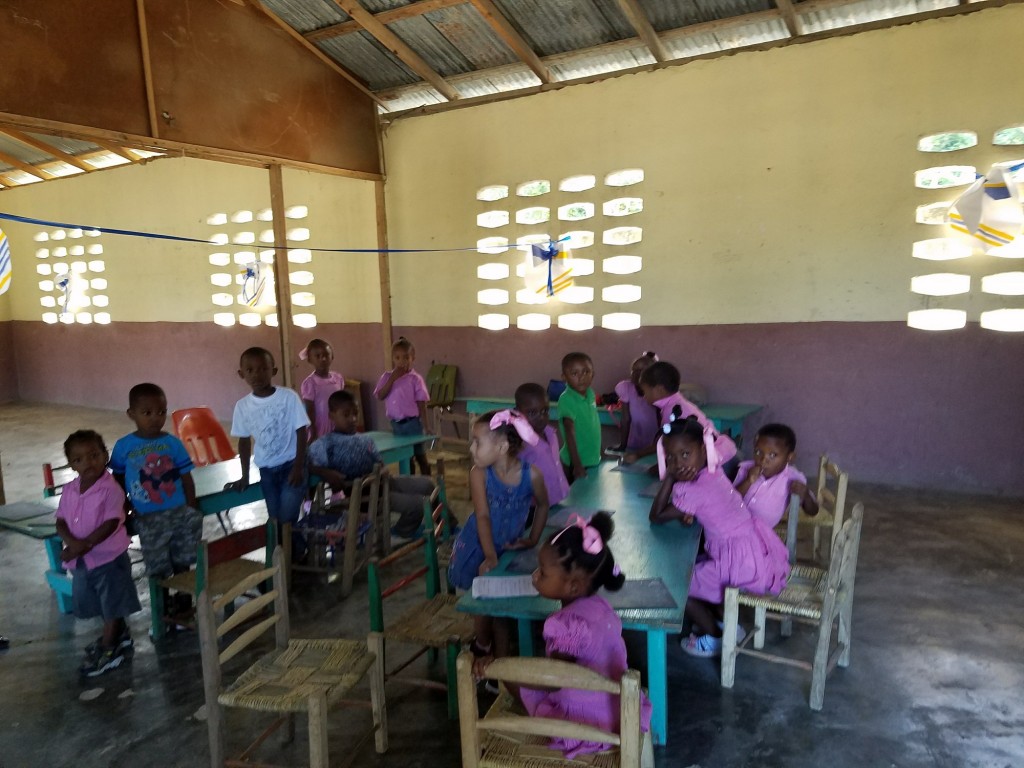 “If it were not for my employment with HP, I don’t think I could feed my kids or send them to school and I definitely could not have bought a piece of land, which I recently saved up enough money to do.”
“If it were not for my employment with HP, I don’t think I could feed my kids or send them to school and I definitely could not have bought a piece of land, which I recently saved up enough money to do.”
- Rezila Policat, who has measured and cut fabric at the artisan workshop for 9
“I like being a part of the soccer team because it has given me the opportunity to travel in my own country. I’ve been to many places with the team that I would never have gotten a chance to see. I also think it is important for us girls to stay busy with activities like soccer and English class so that we don’t get into trouble.”
- Lodinia, soccer team goalie
About the Organization
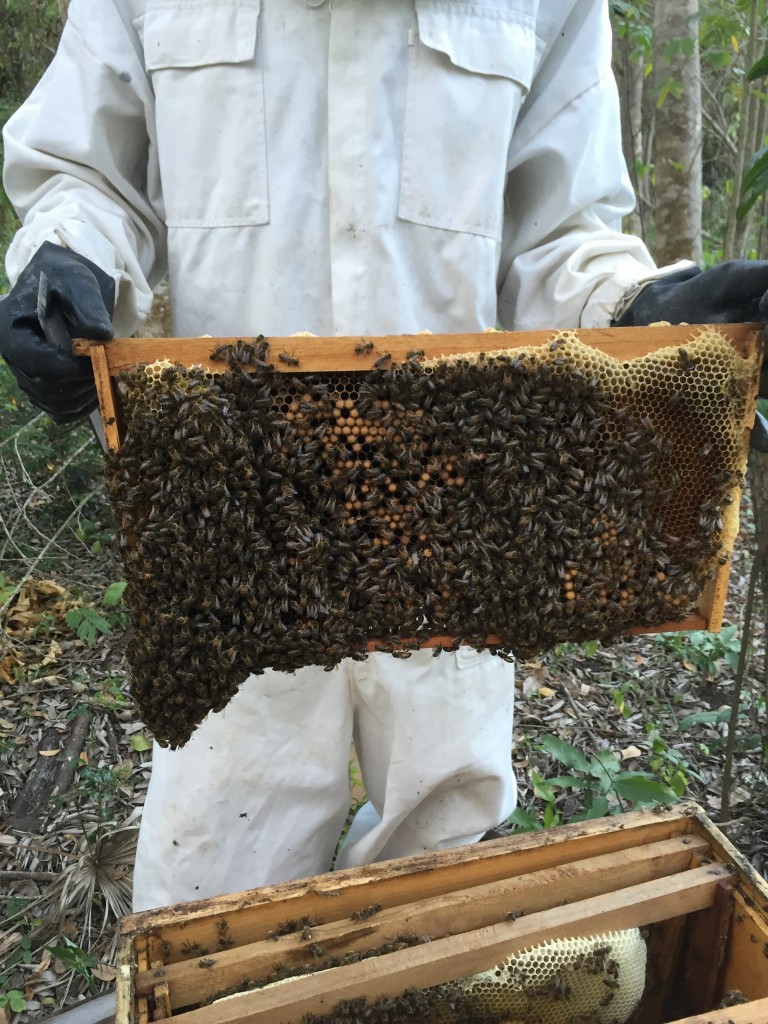 HP seeks to fulfill the employment and health care needs of the whole woman, her livelihood, her access to family planning services, and her children’s future. HP has found that by empowering one woman, she can not only help her help herself, but she can also change the trajectory of the lives of her children and extended family.
HP seeks to fulfill the employment and health care needs of the whole woman, her livelihood, her access to family planning services, and her children’s future. HP has found that by empowering one woman, she can not only help her help herself, but she can also change the trajectory of the lives of her children and extended family.
Haiti Projects was founded by Sarah Hackett, an American nurse who came to Haiti in 1992 to work in the field of malnutrition, which at the time was rare in the U.S. but common in Haiti. Sarah noticed the link between large family size and inadequate birth spacing with childhood and maternal malnutrition. To provide women with the opportunity to control their family size, Sarah introduced a family planning program at the clinic where she was the director. Ultimately, she opened a separate clinic and began HP.
As the number of women seeking family planning services grew, Sarah realized that none of them had the income to afford even the most basic medical fees, so she sought to address a deeper problem – a lack of employment and income. Sarah honed the preexisting embroidery skills in the Fond des Blancs area to perfect the women’s work so that it could be sold in the U.S. This initiative was the start of the artisan workshop that now employs 75 women and has sales of approximately $90,000 annually. Sarah’s final initiative was to create a community library that has grown from a single bookcase on a porch into a soon-to-be inaugurated 10,000 square foot building with computer labs, technology programs, and a maker space. In 2013 and 2014, the beekeeping initiative and soccer program began.
Where They Work
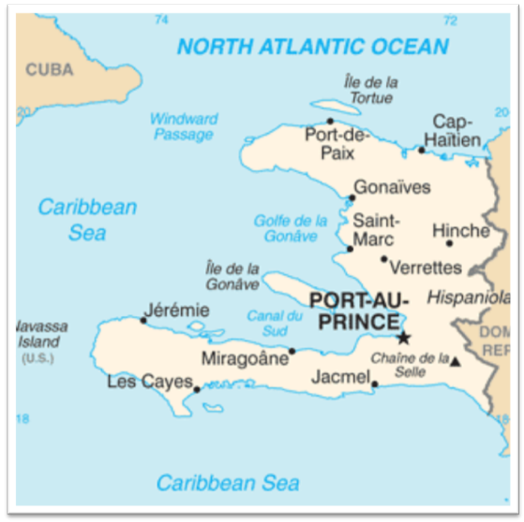 Haiti Projects serves the rural region of Fond des Blancs, which is in the center of the southern peninsula, population 100,000. HP is based in the main town, Sainton, which has a population of around 10,000. FdB is rural and poor. Eight out of ten residents did not finish fifth grade, and most rely on subsistence farming. Many people of Polish descent live in this area, having fought for the Haitian resistance during the Napoleonic Wars after switching sides from fighting with the French. These individuals were offered Haitian citizenship when the rebellion concluded.
Haiti Projects serves the rural region of Fond des Blancs, which is in the center of the southern peninsula, population 100,000. HP is based in the main town, Sainton, which has a population of around 10,000. FdB is rural and poor. Eight out of ten residents did not finish fifth grade, and most rely on subsistence farming. Many people of Polish descent live in this area, having fought for the Haitian resistance during the Napoleonic Wars after switching sides from fighting with the French. These individuals were offered Haitian citizenship when the rebellion concluded.
Haiti is a Caribbean country of 10 million people and is slightly smaller than the state of Maryland. It is characterized by rugged terrain and by tropical, semi-arid climate. Haiti lies in the middle of the hurricane belt and is often pummeled by intense storms from June to October. Flooding, droughts, and earthquakes are ongoing fears. Deforestation has also become a concern, as more and more land is being cleared for agriculture and used as fuel. Most of the population is Christian – half Catholic, half protestant. Voodoo was recognized as an official religion in 2003, and it is practiced alongside Christian denominations by many Haitians. The official languages are French and Creole. Sadly, Haiti has a high incidence of AIDS.
A closer look at the importance of bees in Haiti for survival
Bees are fascinating and valuable. They are the only insect that produces food we can eat. Without bees, it is estimated that we would lose around a third of the world’s food crops and 90 percent of our wild plants. Bees are important all over the world – and even more so in areas where food scarcity and economic deprivation are a reality.
Beekeeping in Haiti is advantageous on many levels. It benefits the environment by maintaining a steady buzz of pollinators critical to the success of agricultural crops and the broader plant life. It provides food in the form of sweet, healthy honey, loved by children and adults alike. As is the case with Haiti Projects, the byproducts – honeycomb and beeswax – can also be turned into a multitude of products to garner income. Economic vulnerability in Haiti is constant; finding enduring, sustainable income generating opportunities is critically important.
The beauty of beekeeping is that once a hive is set up and managed, ongoing costs are minimal or nonexistent. That is the key. Raising bees is not like raising sheep or cows. Once bees are given a start, they do all the work themselves. As a bonus, beekeeping can be done by people of all ages – even kids can help – making it a fun and satisfying family activity.
Honeybee decline in the U.S. and abroad has made headlines in the past decade, due in part to the mystery of Colony Collapse Disorder and the pests and diseases that have plagued hives. The onus is on all countries to attract bees and use best practices to maintain their health and vitality so that their benefits can be enjoyed by people the world over.
Source Materials
https://backyardhive.com/blogs/is-beekeeping-for-me/the-benefits-of-beekeeping
https://anrcatalog.ucanr.edu/pdf/8498.pdf
https://www.cia.gov/library/publications/the-world-factbook/geos/ha.html
https://www.haitiprojects.org/what-is-haiti-projects.html

